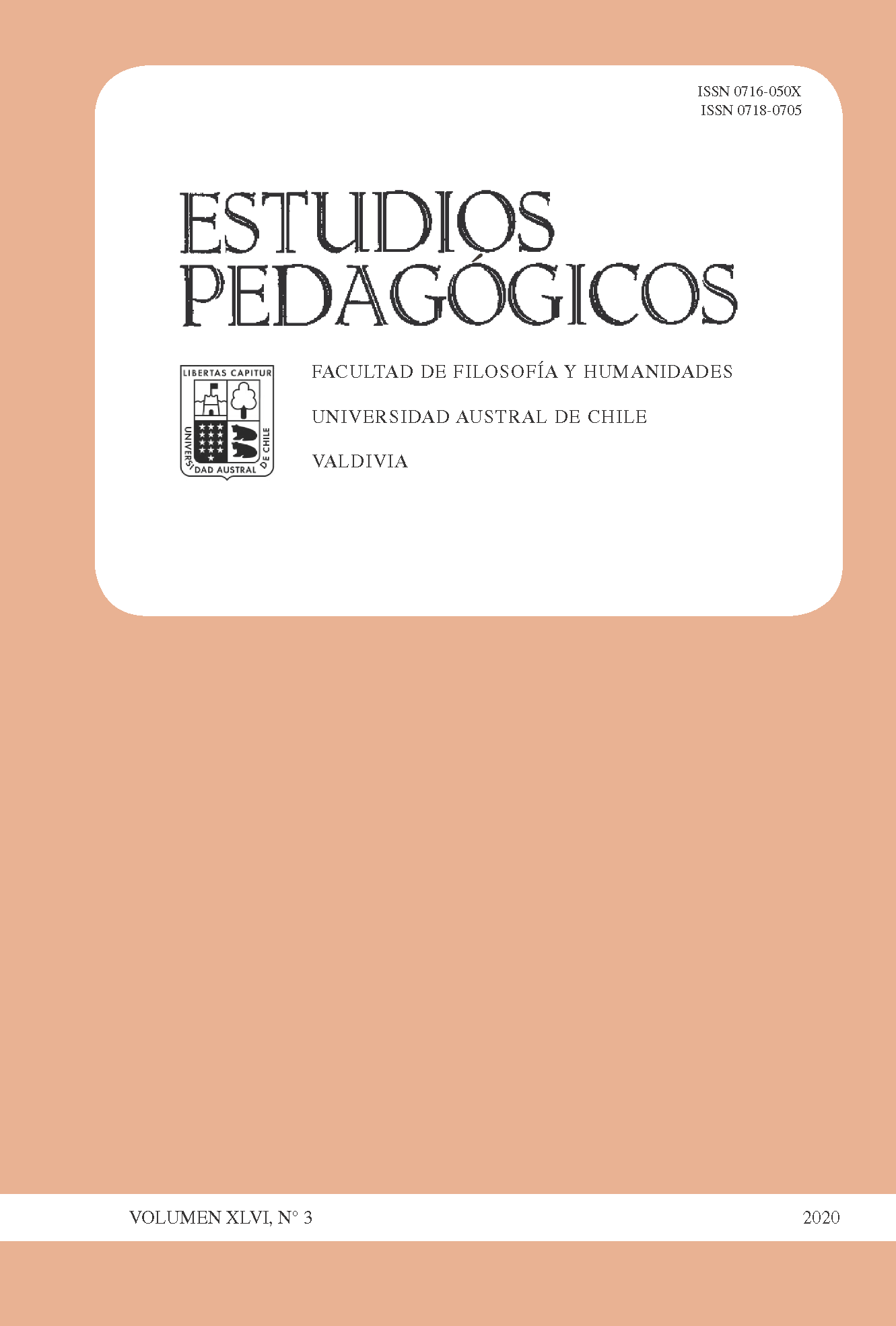Educational policies and curriculum in the 2020 health emergency
Main Article Content
Abstract
The rush of events and the exponential growth of cases of contagion by Covid-19 in the world forced States to make decisions on the fly. From a traditional and even generic perspective, we assume that such decision-making by the government of a State is understood as public policy or at least, policy guidelines. Several of these guidelines respond to instrumental logics that are concerned with the methodologies and procedures to […] solve an emerging or present problem or conflict in society (Pulido, 2017, p. 16). Therefore, this article aims to analyze Ecuadorian educational policies and the curriculum in the framework of the health emergency caused by the Covid-19 pandemic. In the methodological component, we opted for mixed approaches looking for a methodological triangulation that combined documentary analysis, cybernetnography and survey, thus resorting to quantitative methods, in the case of the survey, and qualitative methods in the case of cybernetnography, which was carried out through support virtual. Among the main results, we identify that the educational policies implemented by the Ecuadorian government did not consider the technological and connectivity accesses of teachers and students, which caused a situation of unease in these two actors of the educational system. Likewise, and from the methodological triangulation, we identify that the Covid 19 Plan was underused by teachers in their classroom activities. The final reflections invite us to ponder about the need for constant dialogue. Educational decisions on the design and development of the curriculum must always be agreed with the different actors of the educational community.

